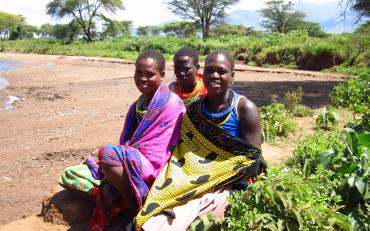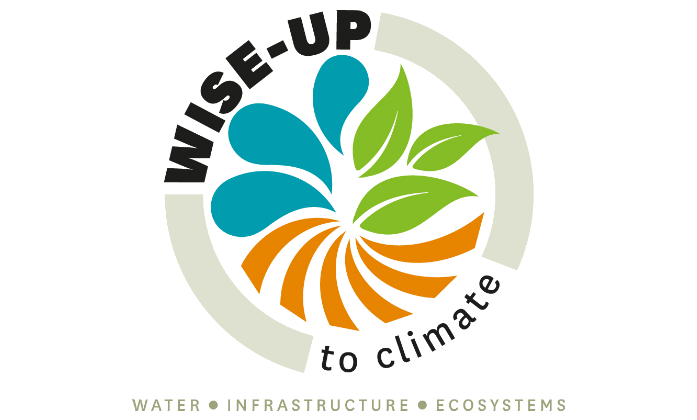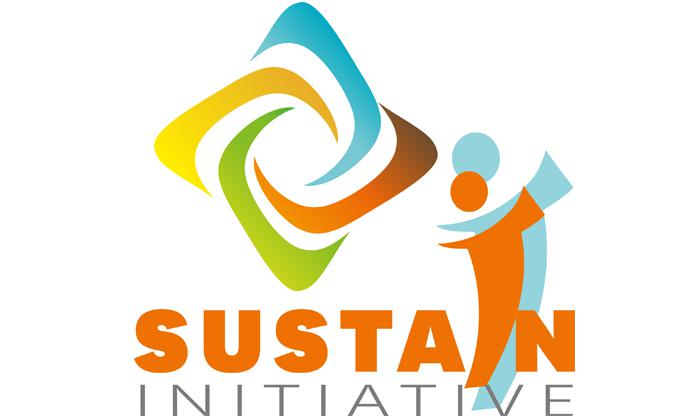About:
“In 2017 we expect men and women across the world to step up and move beyond declarations. A society with empowered women is a safer, healthier and more productive society. We have come a long way; but we still have a long way to go." Inger Andersen, IUCN Director-General
The IUCN Global Water Programme is committed to gender equality. The integration of gender considerations throughout water-related work is crucial for its long-term sustainability and effectiveness.
With this in mind, we developed the Gender Responsiveness Action Tool for our key initiatives, BRIDGE and SUSTAIN with support from the IUCN Global Gender Office. Its purpose is to help the programme's implementing partners to plan, implement and monitor their interventions in a gender-responsive manner.
The scope of this tool goes from the organization of focus group interviews with women and men to learn about potential obstacles to women’s representation and workshops facilitation to the encouragement of women to speak and share their perspectives to the support of institutions and assistance in developing rules and procedures that ensure women’s active participation in planning processes and to the engagement of women’s advocacy groups and women’s national networks.
Achievements:
This is the story of Laetitia Pettinotti, researcher at BC3 Basque Centre for Climate Change, partner of the IUCN 'WISE-UP to Climate' project:
"Last September the 'WISE-UP to Climate' team visited the communities of Arigu, Bisigu, and Pwalugu in Northern Ghana, a region lining the White Volta River. My role as a BC3 research economist was to collect qualitative and quantitative data on the benefits local communities receive from ecosystem services. As a new dam is planned for the region, the WISE-UP project is compiling information on the different services nature provides to local communities living in the area. Although much information is available on what engineered infrastructure, such as the planned dam, can provide in terms of services -such as flood protection, energy production, and irrigation- much less information is available on the services already being delivered by nature that support local livelihoods..."
World Women’s Day:
In preparation for International Women's Day 2017, IUCN Mesoamerica interviewed women from the Goascorán Basin, a BRIDGE project basin located between Honduras and El Salvador, where they actively participated in basin councils to propose actions for better river basin management:
Gender Inclusion in Water Governance:
Women are often excluded from the management of the water resources. The following video is highlighting the workshop activities organized by IUCN and Oxfam in the Mekong region that brought together our partners from across communities, civil society and government to discuss pathways for gender integration in water governance. It clearly shows the interest of different stakeholders in working to promote gender in water governance.



